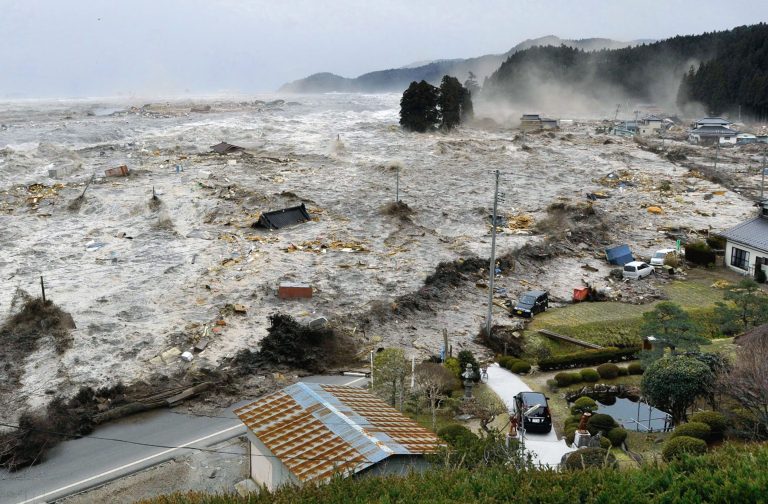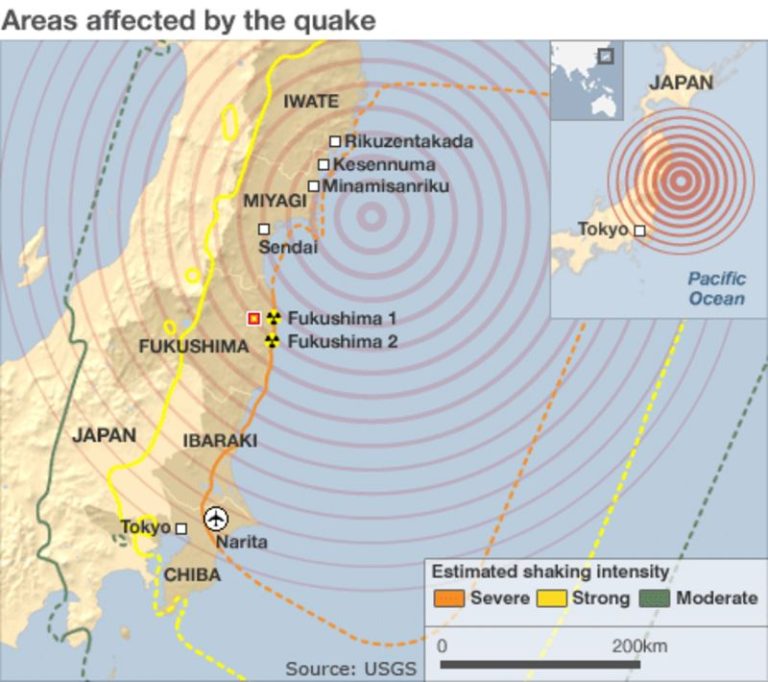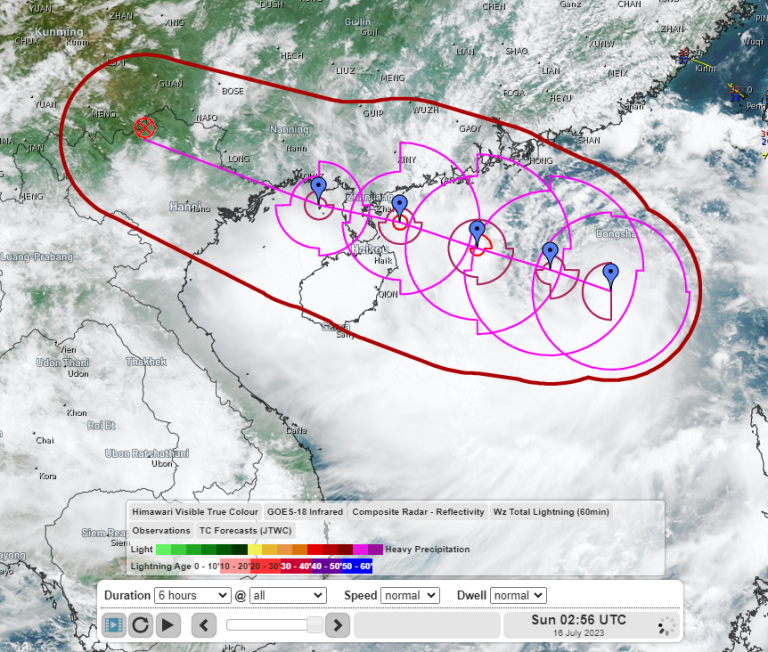Thai PM Petunthan Suspended: A Political Crisis Unfolds
Thailand’s political landscape has been dramatically reshaped by the recent suspension of Prime Minister Petunthan, a move that highlights the country’s ongoing political volatility and potential for systemic disruption. The Constitutional Court’s unanimous decision stems from a controversial phone call leak that has sent shockwaves through the nation’s political establishment.

On June 15, a leaked phone conversation between Petunthan and Cambodian Senate President Hun Sen sparked significant controversy. During the call, Petunthan reportedly criticized a Thai military commander, an action that quickly escalated into a major political crisis. The leak prompted immediate backlash, with critics accusing her of undermining military authority and appearing subservient to Cambodia.
The fallout was swift and severe. The pro-military Thai Pride Party withdrew from the ruling coalition, significantly weakening Petunthan’s parliamentary support. Her subsequent attempts to manage the situation—including a cabinet reshuffle and taking on the role of Minister of Culture—did little to quell the growing opposition.

The Constitutional Court’s response was decisive. In a 9:0 vote, the court accepted a complaint filed by 36 Senate members alleging Petunthan’s dishonesty and ethical violations. They further voted 7:2 to suspend her prime ministerial powers, giving her just 15 days to submit a written defense. Deputy Prime Minister Suriya, at 70 years old, will serve as the caretaker Prime Minister during this uncertain period.
This suspension is more than just a political setback—it’s part of a complex historical pattern. Petunthan comes from a family with a tumultuous political history. Her father, Thaksin Shinawatra, was ousted in a 2006 military coup, while her brother-in-law and sister were previously removed from prime ministerial positions by the Constitutional Court in 2008 and 2014, respectively.
The current political landscape is fraught with tension. The opposition People’s Party has demanded Petunthan’s resignation and the dissolution of parliament. The Thai Pride Party is preparing to push a no-confidence motion, potentially triggering even more significant political changes.
Analysts suggest the suspension might temporarily ease public grievances, but the long-term implications are uncertain. Petunthan’s Pheu Thai Party may struggle to appoint a new prime minister, which could lead to the dissolution of the House of Representatives. There are underlying concerns that the military might leverage this instability to regain political power through royalist parties.

Adding to the complexity, Thaksin Shinawatra currently faces charges of insulting the monarchy—a serious accusation that could result in a 15-year prison sentence if he is convicted.
These developments occur against the backdrop of a slowing Thai economy, making the political uncertainty even more challenging. The potential for early general elections, parliamentary dissolution, and continued political instability creates a precarious environment for national governance and economic stability.
Petunthan herself has attempted to mitigate the damage, apologizing and claiming her controversial remarks were merely a negotiation tactic. However, the damage to her political credibility appears significant.
As Thailand navigates this political crisis, the world watches closely. The suspension of a sitting prime minister, the potential for military intervention, and the ongoing family saga of the Shinawatra political dynasty continue to shape the nation’s complex political narrative.













